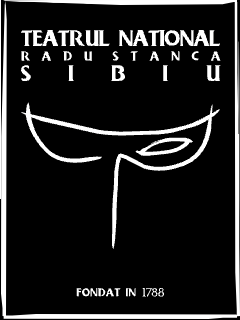The play is a mystery, a maze of questions that rummage into the human being. A place and a time for a confession of us all. Man against man, thought against thought, life against life, all desperately deep, terse, heartbreaking... The historical man and the eternal man brought together. Sobriety and insanity intertwined. Instinct and reason tortured.
Shakespeare and Brecht altogether.
In a small overcrowded town, reeking of trifles and hopes, bafflement and action, the same deeds, the same reactions, the same sensations are repeated, over and over, every day and each hour, obsessively, tormentingly. People get eroded by time and they leave crying out loud truths whose meaning they can never acquire. A scenario is placed before us, innumerable versions of it, noted in code by Büchner himself HI, H2, H3, H4 so as to experience the adventure of a show where obsession and conscience are mutually determined. People shouting out freedom and acclaiming tyranny, visceral and meditative people, good and evil at the same time, people as only true art can give life to, are unraveled before us. A town of the world, a theater of the world, tormenting questions of the world. In a space trampled over by a destitute and unsettling life, with its back turned on us, with distorted holes that hide away the swarming and the furor, Woyzeck's town, built from tens of boards from all dead shows that rot away in theater storerooms, props made from props, a labyrinth of dead ends, where humanity reveals itself free from any preconception. Such a text can put a stamp on the life of a stock company. This sort of theater is no longer subjected to the principle of a well-done show, such an attempt dignifies meaning.
"We are so lonely"
The Büchnerian Must imperative pierces fiercely through time.
Alexa Visarion




.jpg?locale=en)
.jpg?locale=en)
.jpg?locale=en)
.jpg?locale=en)
.jpg?locale=en)

.jpg?locale=en)
.png?locale=en)


